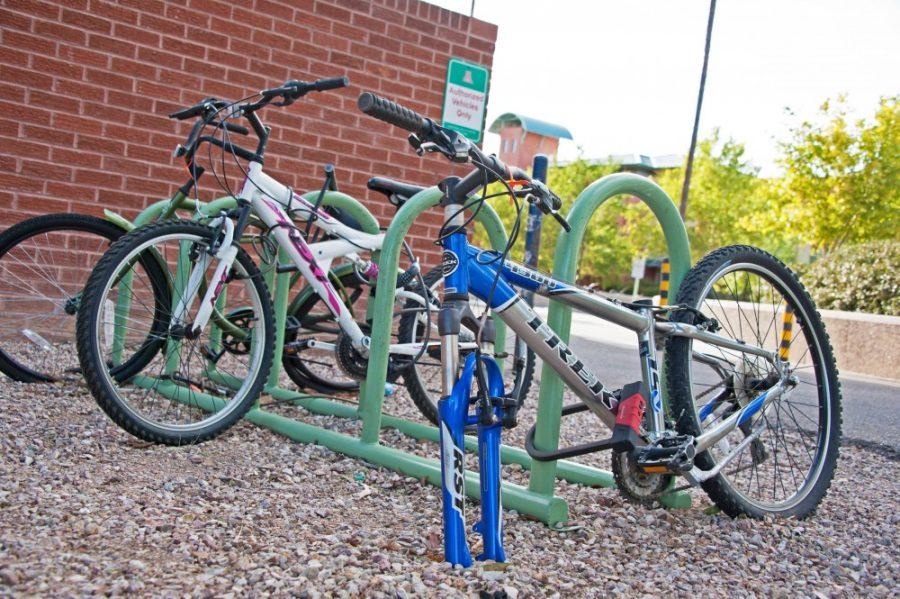It should really be no surprise that, as nuclear issues unfold in Japan, pundits and politicians here in the United States are ready to pump the brakes on our own nuclear energy pursuits. Yes, it is no surprise that some are using this crisis to advance their own agenda, but it is certainly unfortunate.
Now, as Rep. Ed Markey, a leading voice on energy policy in the House, encourages us to take a critical look at the state of nuclear energy as it stands now, he makes a relatively good point. Evaluating the safety of current plants, changing policy so that plants won’t be built in regions plagued by natural disasters, specifying which agency would be accountable for first response to a nuclear meltdown — all valid courses of action. But at the same time, you don’t put nuclear power aside completely in order to accomplish those tasks.
After the Three Mile Island accident of 1979, nuclear energy in the United States has faced decades of decay in terms of advancement. However, more recently, with large public support and greater palatability in political circles in Washington, nuclear power came back on the energy stage with renewed credibility. Even President Barack Obama touted nuclear energy in conjunction with a broad array of energy options.
The president, along with many members of Congress, continues to support nuclear power, which is somewhat promising. Hopefully this support will continue because current energy policy already lacks real substance, and any loss to these strategies would be detrimental to a promising domestic energy source.
The nuclear power situation in the United States is this: energy independence is being pursued by way of massive subsidies for green energy, such as wind and solar, while efforts to produce oil, and now nuclear power, domestically are facing stiff resistance. The notion that the United States can be free from the shackles of foreign oil entirely by focusing on renewable sources of clean energy is simply out of touch with reality.
There are probably not many people who wouldn’t like to see energy produced solely through non-polluting means at some point in the future. But the inconvenient truth is that these green solutions are still far down the road. No matter how many times environmentalists invoke images of the Exxon-Valdez and Deepwater Horizon oil spills, the simple fact remains: America is stuck with foreign oil for the foreseeable future.
So how do we fix this? Not by placing a moratorium on drilling in the Gulf of Mexico, not by levying massive taxes on gas and not by shutting down nuclear power. We fix it by increasing drilling, allowing states to vigorously pursue their own natural resources and dropping subsidies on those new technologies that cannot sustain themselves. Again, sorry to rain on the environmentalist parade, but without first seriously utilizing our own finite resources, we cannot make a successful transition to any renewable resources.
The issues Japan faces right now are much deeper than a few troubled nuclear reactors, even if “”impending meltdown”” is all that dominates the headlines. Don’t get me wrong, a meltdown is not a good thing. And the specter of nuclear crisis in the United States is no rosy scenario either. But don’t forget that, despite what the current hysteria might make you think, nuclear energy has killed no one in the United States. Three Mile Island was bad, but no deaths came as a result. And in Japan? Some continue to talk about Hiroshima and Nagasaki in order to illustrate the devastation of radiation. But as far as I know, those cities were devastated by nuclear bombs, not reactors.
Do we stop flying airplanes simply because of one bad crash? No, we buckle down to make air travel safer and more efficient. Let’s manage the risks associated with nuclear energy, and move forward. The construction of these plants takes far too long to put the brakes on now.
— Tanner Weigel is a sophomore studying Spanish and history. He can be reached at letters@wildcat.arizona.edu.








